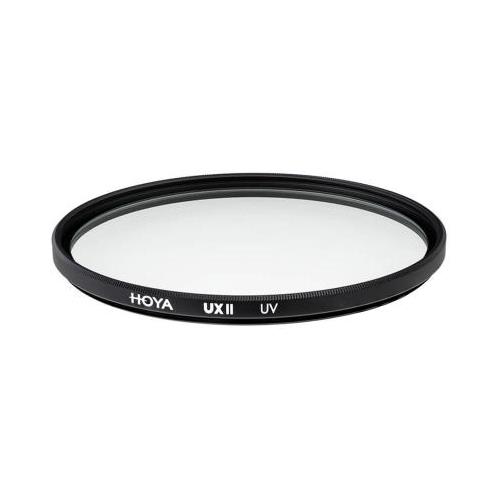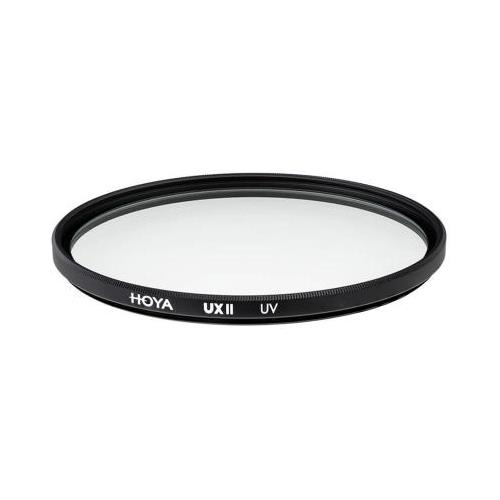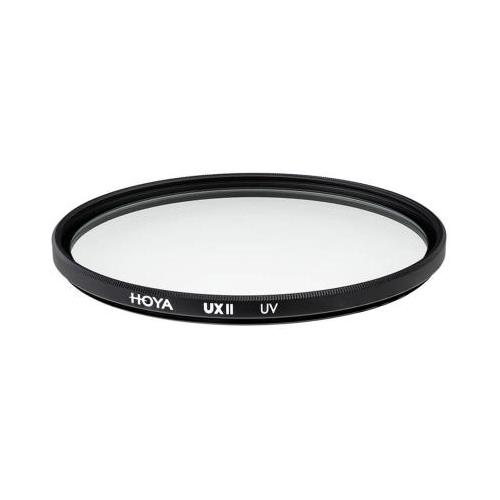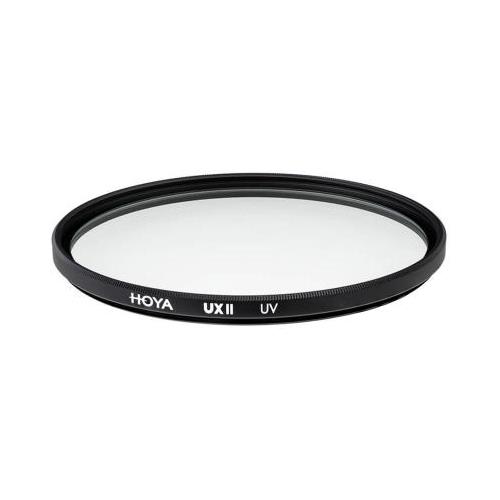Hoya Variable Density II Variable density camera filter 58 mm 024066069894
 |
Buy Hoya Variable Density II Variable density camera filter 58 mm 024066069894
When you make a purchase through links on our site, we may receive a affiliate commission.
Hoya Variable Density II Filter ø58mm YYN3058 | £74.70 | ||||
Hoya Variable Density II Variable density camera filter 58 mm 024066069894 | £145.96 | ||||
HOYA Variable Density II is a density adjustable filter with an ND range from 1.5 to 9 f-stops (ND3-400).
The difference with the previous HOYA Variable Density filter is the newly designed rotatable frame with convenient knob allowing for better operation.
Why variable density filters are important
Variable density filters are widely used because they can replace a set of solid ND filters by providing a range density that can be adjusted according to the desired exposure settings.
In still shooting variable density filters lower the shutter speed according to the photographers intentions when the shutter speed cannot be lowed due to camera limits.
Variable density filters can also increase the amount of boke when shooting in the over-lit conditions thus preventing the image from overexposure.
In video shooting it is fundamental to keep the shutter speed fitting the frame rate setting. That is to keep it equal to double the frame rate for optimal results. This is because unlike still photography an excessively fast shutter speed may create a jarring effect and produce afterimages that will not look good in the final video.
As you can see from the image below unlike still image a video clip is made of a sequence of still images. With low shutter speed each still image will blur but will look smooth in the video sequence. On the contrary a higher shutter speed will capture the object solid and sharp but once in a video sequence all objects will appear separated creating jarring and unnatural looking motion.
By using variable density filters the shutter speed can be adjusted to the proper value to get that natural and smooth looking motion requested in video footages as shown in the image below.
Highlighted features
HOYA Variable Density II incorporates exclusive rotatable frame construction that consists of fixed frame and rotatable frame. The rotatable frame gets wider compared to fixed frame size in order to minimize the risk of vignetting when used on wide angle lenses.
Lens cap compatibility
Due to the specific structure of the filter frame HOYA Variable Density II can take one size bigger lens cap than the size of the filter itself. For example 77mm HOYA Variable Density II can take 82mm lens cap as shown on the image below.
For longer exposures
Without changing the aperture the HOYA Variable Density II provides the freedom to change the shutter speed according the effect desired. Effective for motion blurring effects like waterfalls cars or blurred panning movement to make the subject stand out from the background.
For wider apertures
Allows wider apertures in over-lit conditions be used to decrease depth-of-field literally focusing more attention on the subject.
Preventing overexposure
Even with a shutter speed of 1/8000 seconds a large aperture of f/1.4 or f/1.2 can cause overexposure. With the HOYA Variable Density II filter overexposure issues can be avoided by adjusting the light intake.
For shooting
The difference with the previous HOYA Variable Density filter is the newly designed rotatable frame with convenient knob allowing for better operation.
Why variable density filters are important
Variable density filters are widely used because they can replace a set of solid ND filters by providing a range density that can be adjusted according to the desired exposure settings.
In still shooting variable density filters lower the shutter speed according to the photographers intentions when the shutter speed cannot be lowed due to camera limits.
Variable density filters can also increase the amount of boke when shooting in the over-lit conditions thus preventing the image from overexposure.
In video shooting it is fundamental to keep the shutter speed fitting the frame rate setting. That is to keep it equal to double the frame rate for optimal results. This is because unlike still photography an excessively fast shutter speed may create a jarring effect and produce afterimages that will not look good in the final video.
As you can see from the image below unlike still image a video clip is made of a sequence of still images. With low shutter speed each still image will blur but will look smooth in the video sequence. On the contrary a higher shutter speed will capture the object solid and sharp but once in a video sequence all objects will appear separated creating jarring and unnatural looking motion.
By using variable density filters the shutter speed can be adjusted to the proper value to get that natural and smooth looking motion requested in video footages as shown in the image below.
Highlighted features
HOYA Variable Density II incorporates exclusive rotatable frame construction that consists of fixed frame and rotatable frame. The rotatable frame gets wider compared to fixed frame size in order to minimize the risk of vignetting when used on wide angle lenses.
Lens cap compatibility
Due to the specific structure of the filter frame HOYA Variable Density II can take one size bigger lens cap than the size of the filter itself. For example 77mm HOYA Variable Density II can take 82mm lens cap as shown on the image below.
For longer exposures
Without changing the aperture the HOYA Variable Density II provides the freedom to change the shutter speed according the effect desired. Effective for motion blurring effects like waterfalls cars or blurred panning movement to make the subject stand out from the background.
For wider apertures
Allows wider apertures in over-lit conditions be used to decrease depth-of-field literally focusing more attention on the subject.
Preventing overexposure
Even with a shutter speed of 1/8000 seconds a large aperture of f/1.4 or f/1.2 can cause overexposure. With the HOYA Variable Density II filter overexposure issues can be avoided by adjusting the light intake.
For shooting
The product description is generated based on data from online stores. Before purchasing be sure to verify all information directly with the seller.

Best Hard Drives for Surveillance SystemsDatabase for 1000 hours of FHD video and stable operation in surveillance systems 24/7

Guide to key Xiaomi sub-brandsThe Chinese corporation Xiaomi operates over two hundred subsidiaries.
How to place an order?How to add store?
Remember that the online store is responsible for the accuracy of information regarding price, warranty, and delivery!















